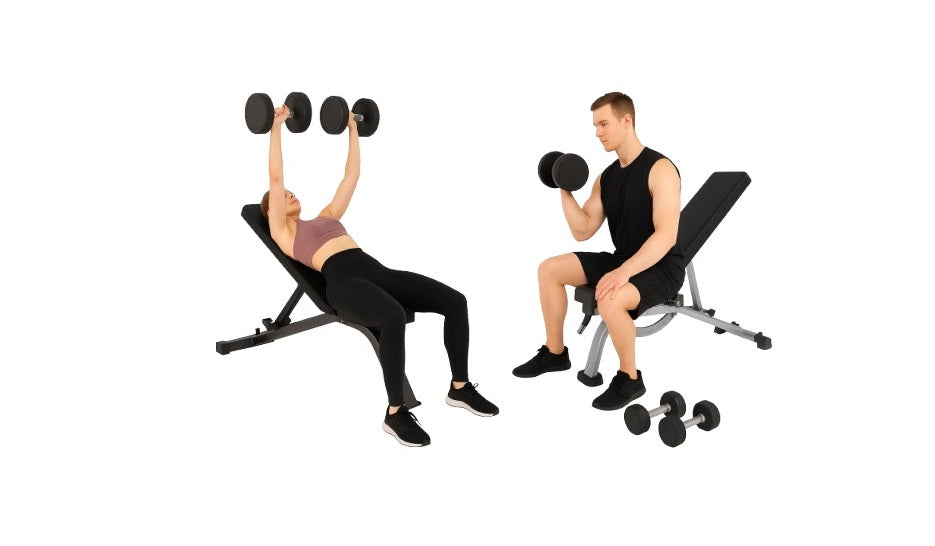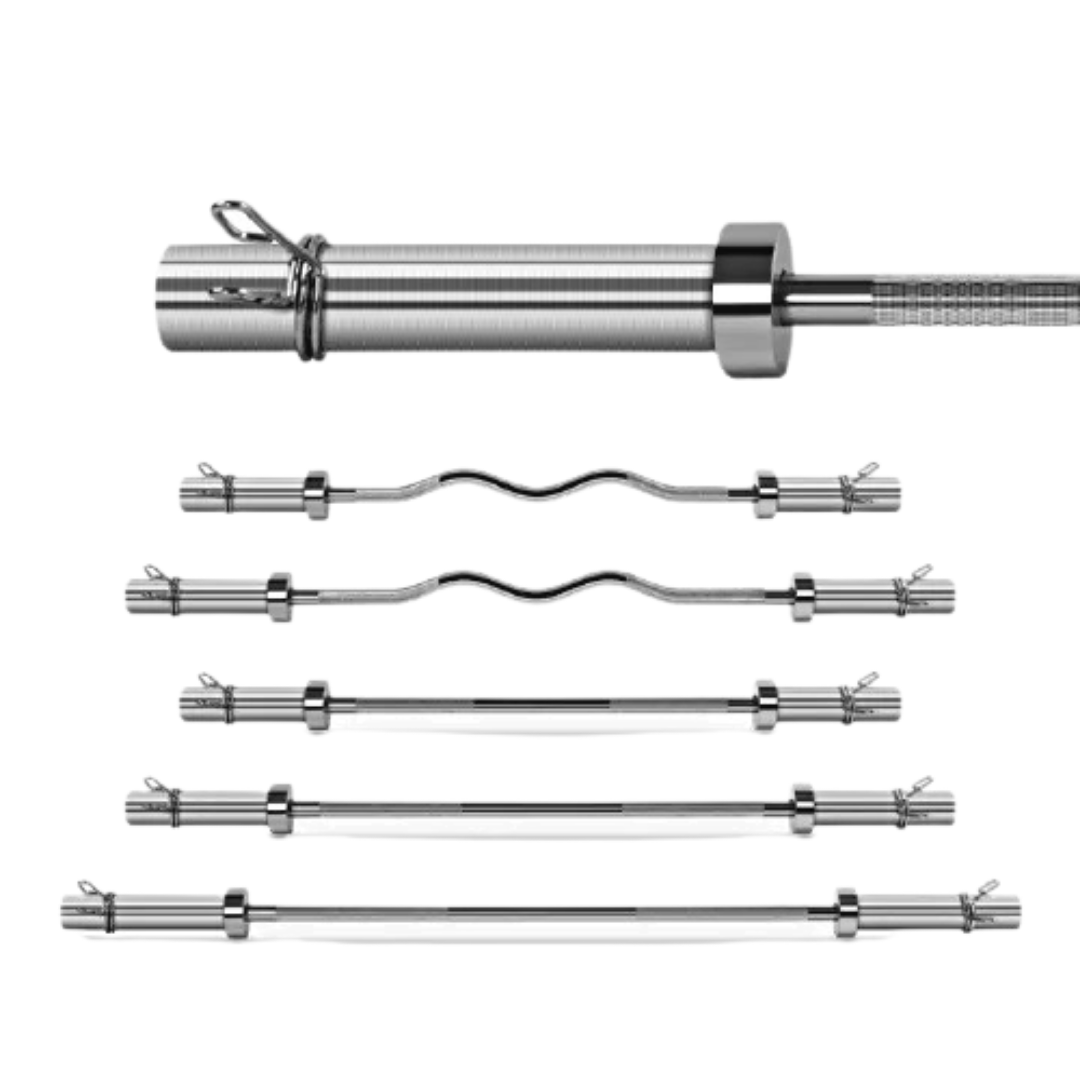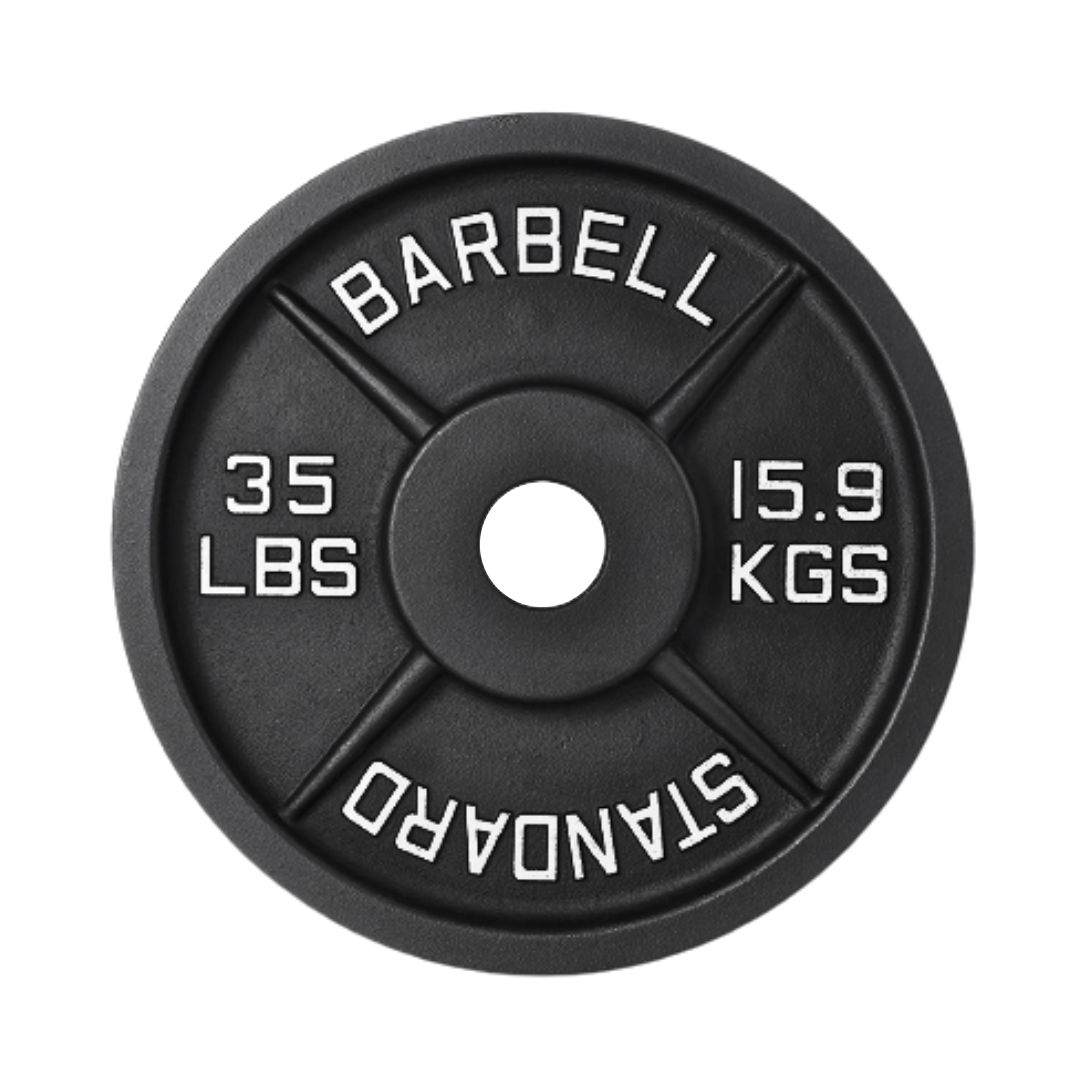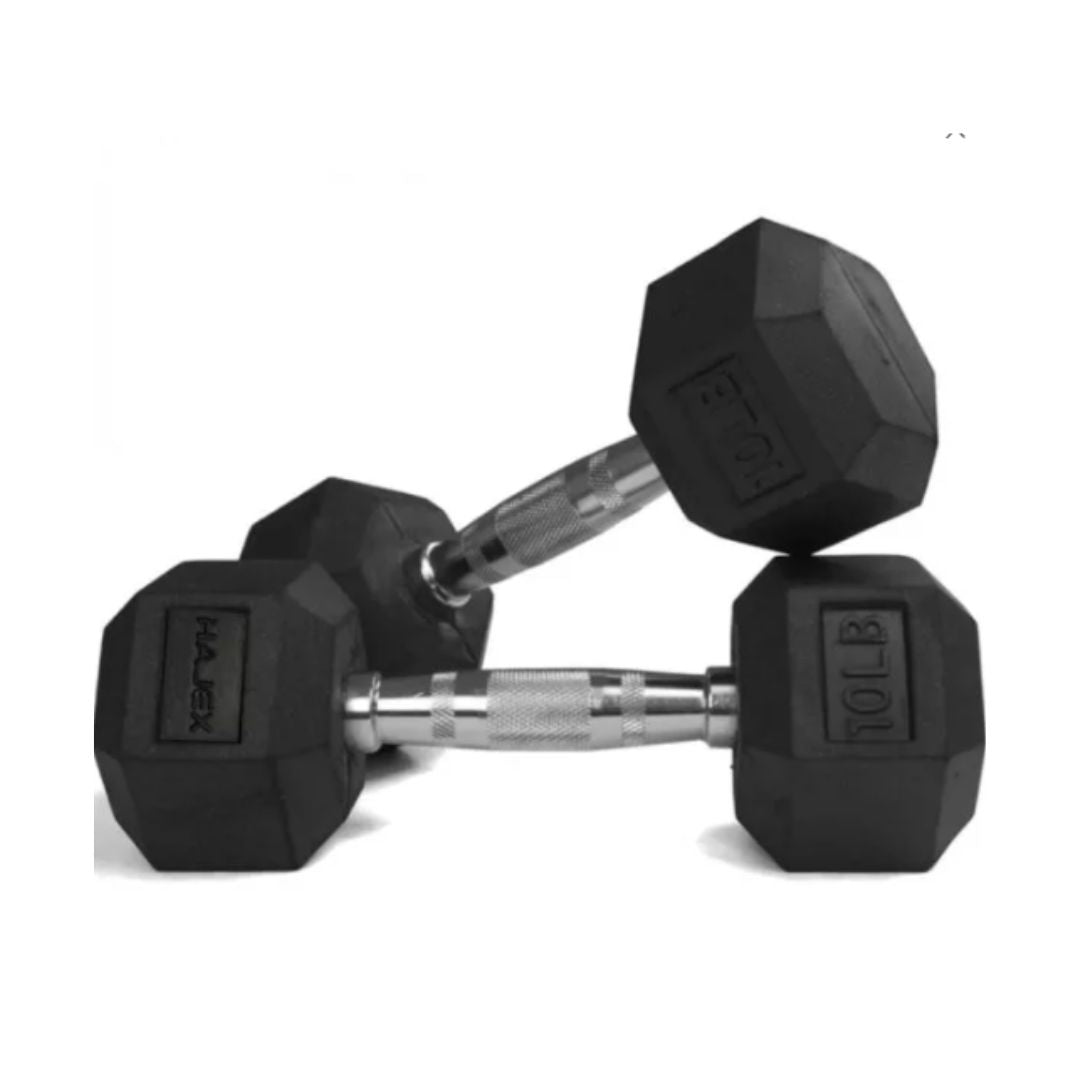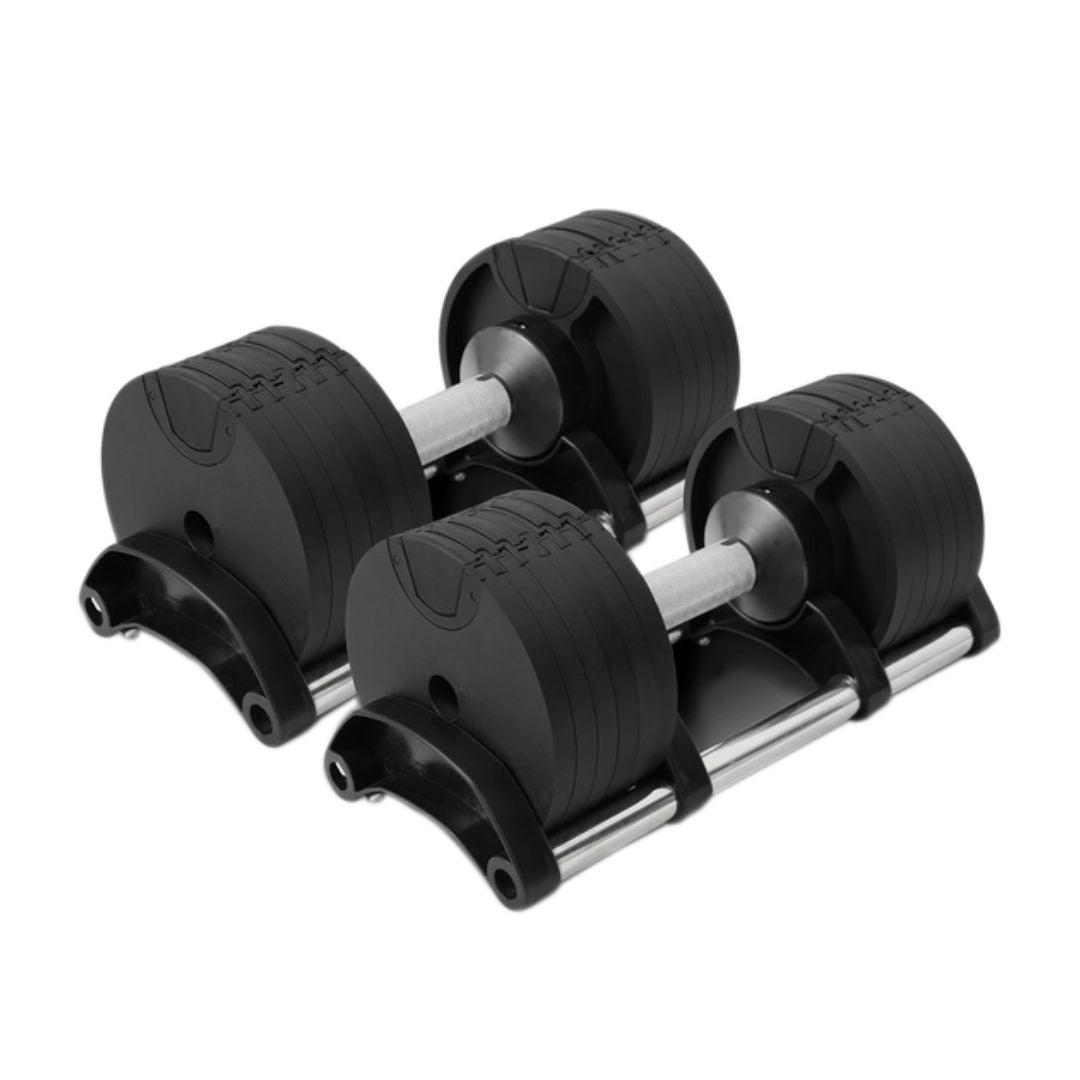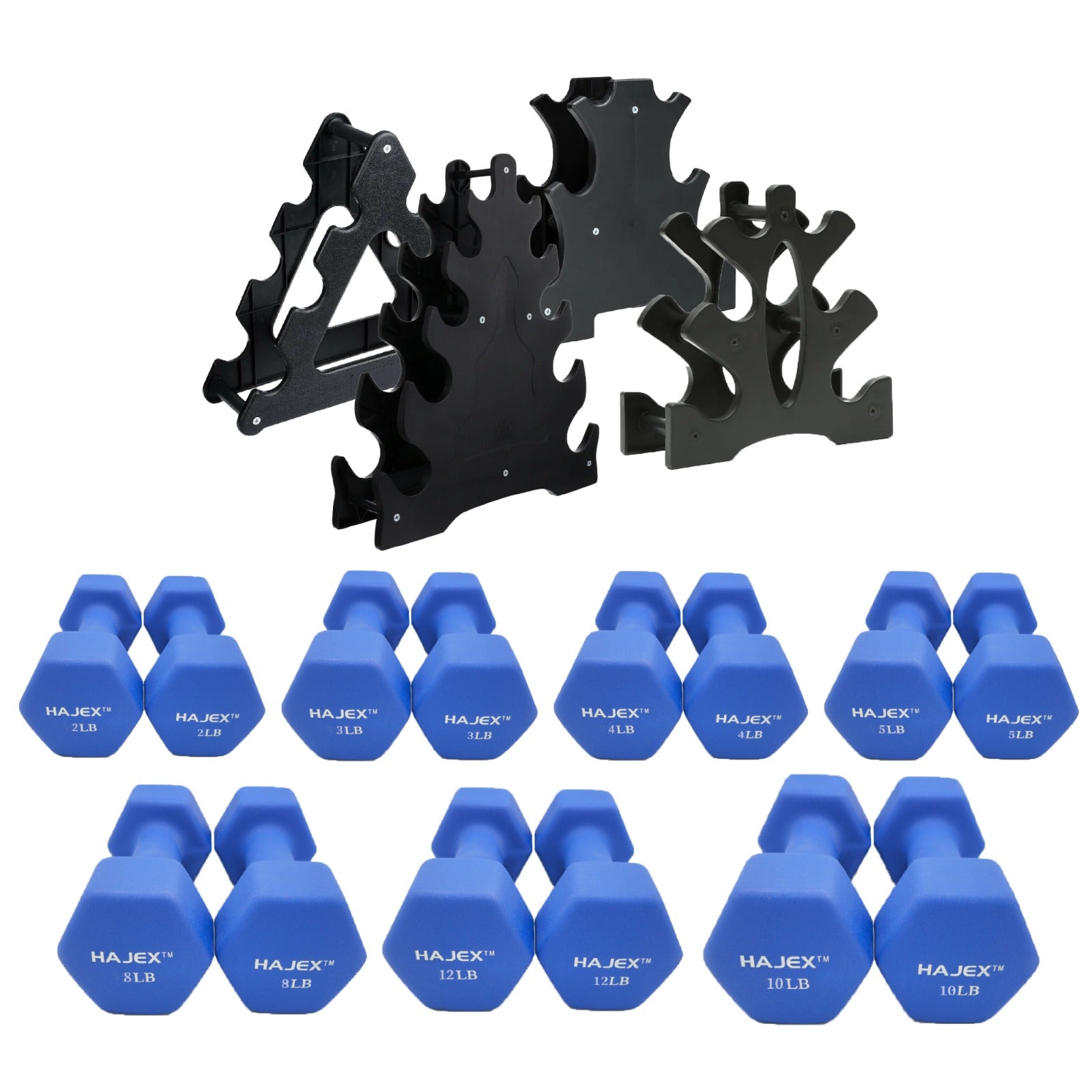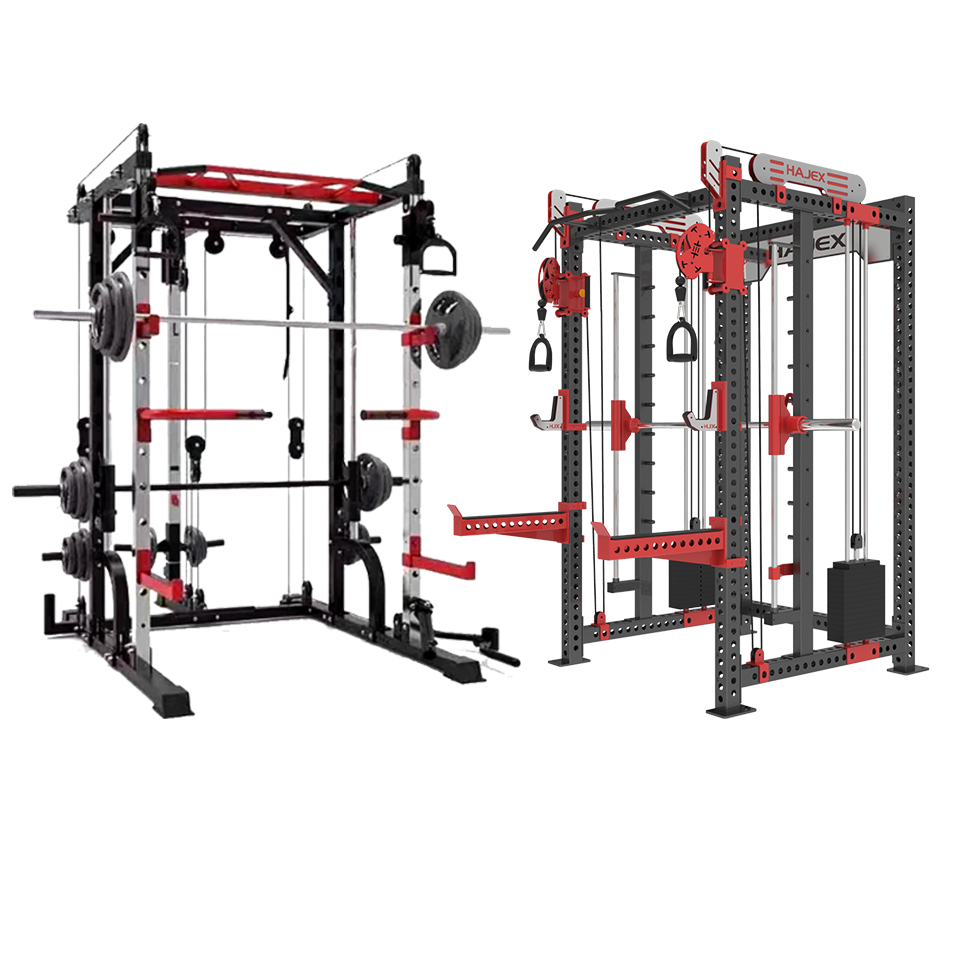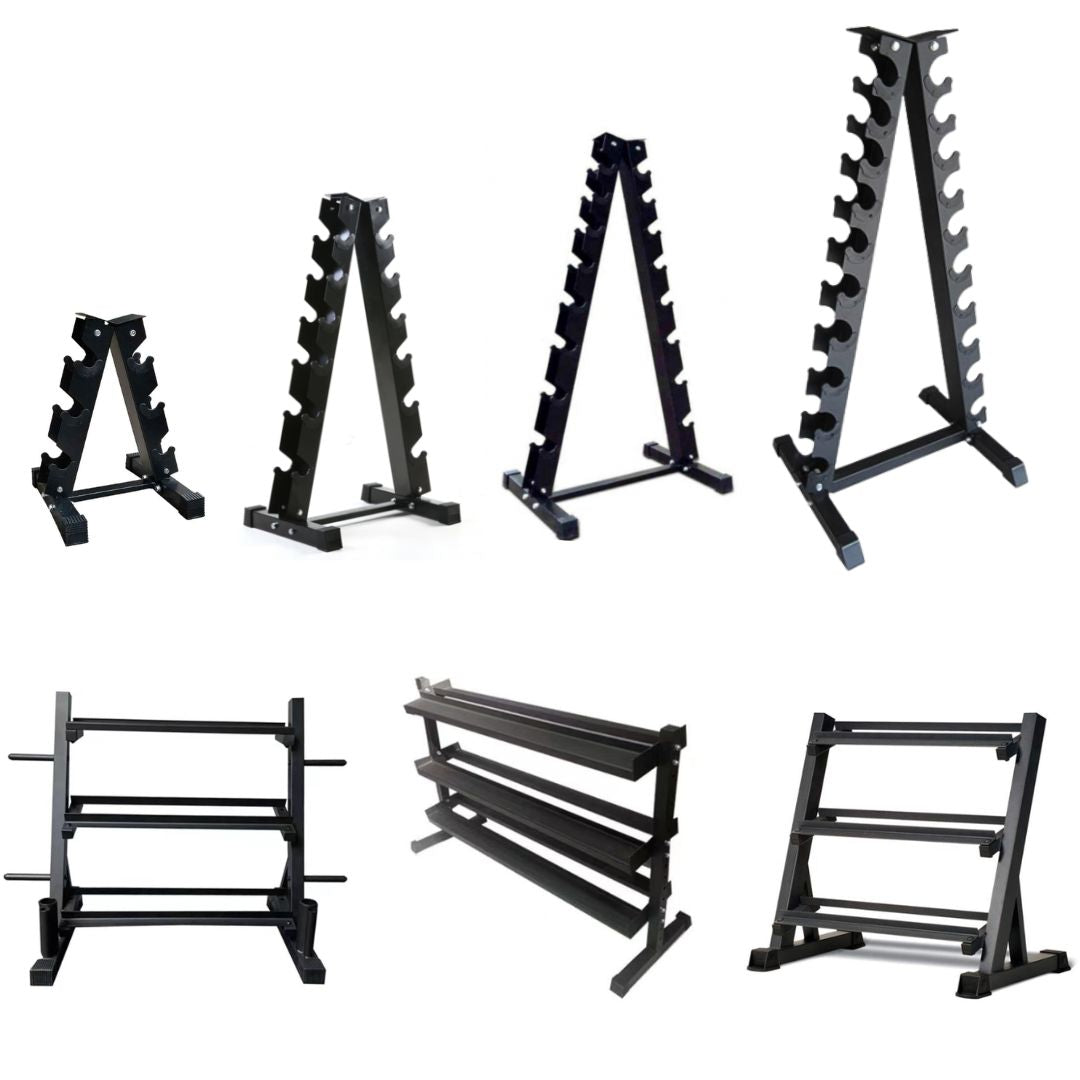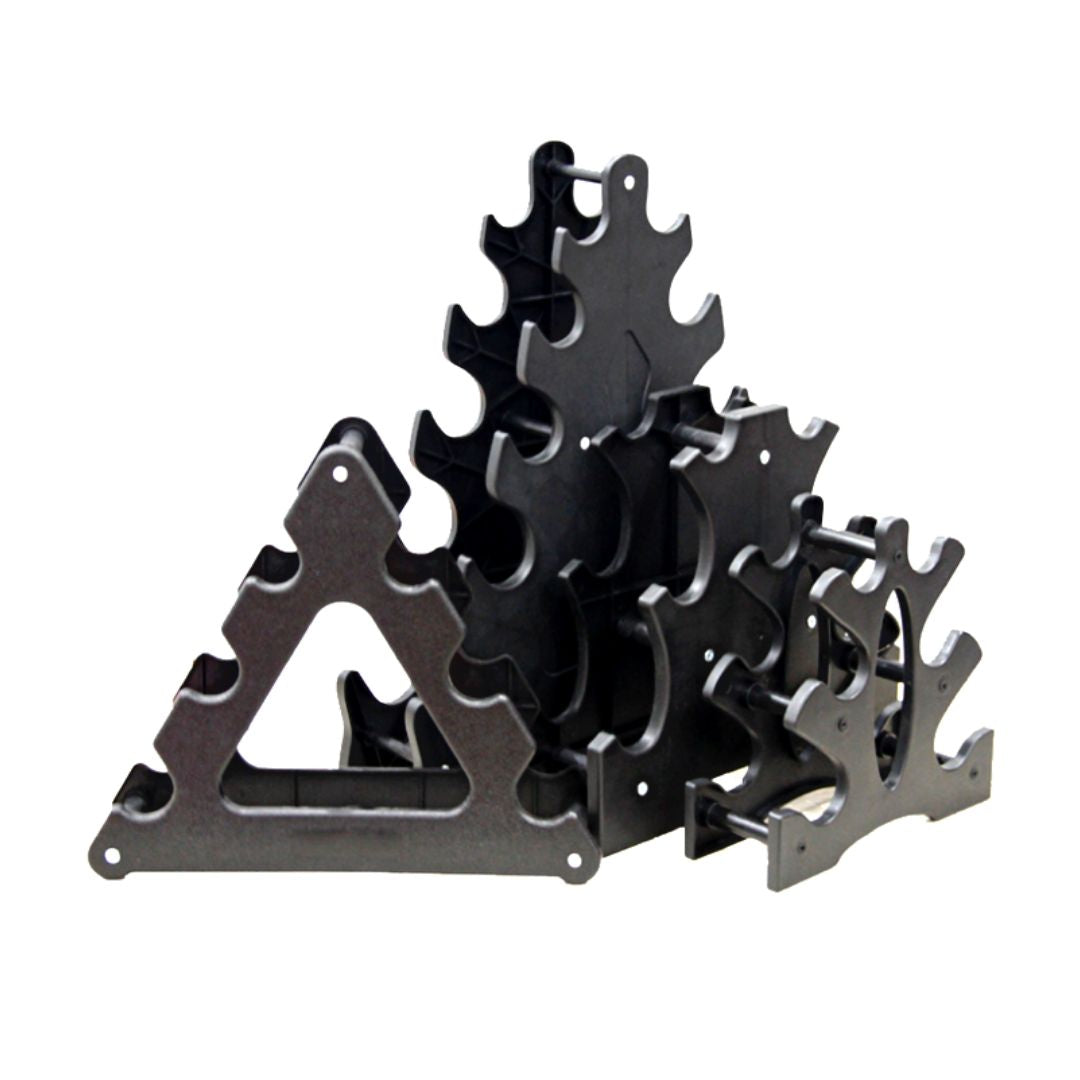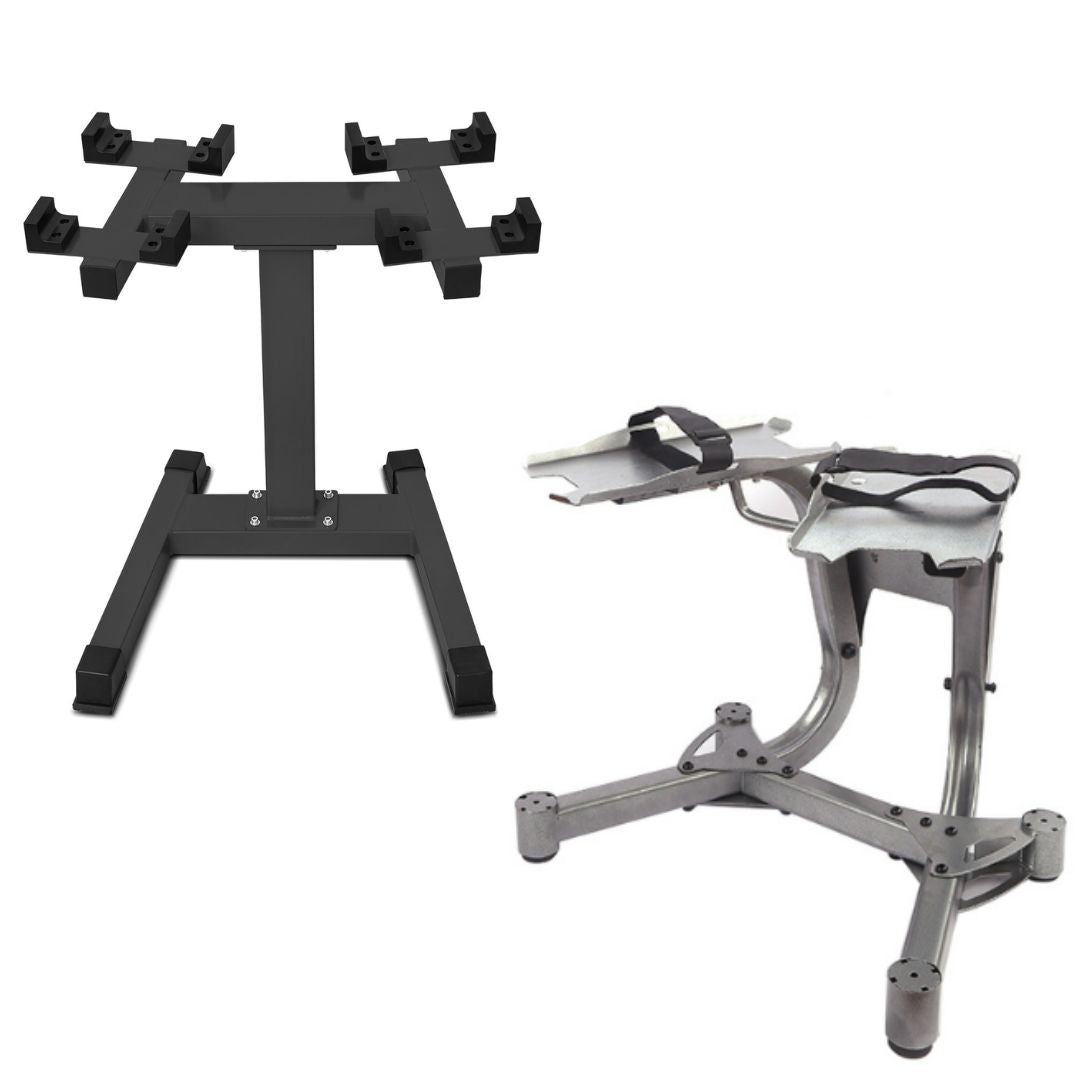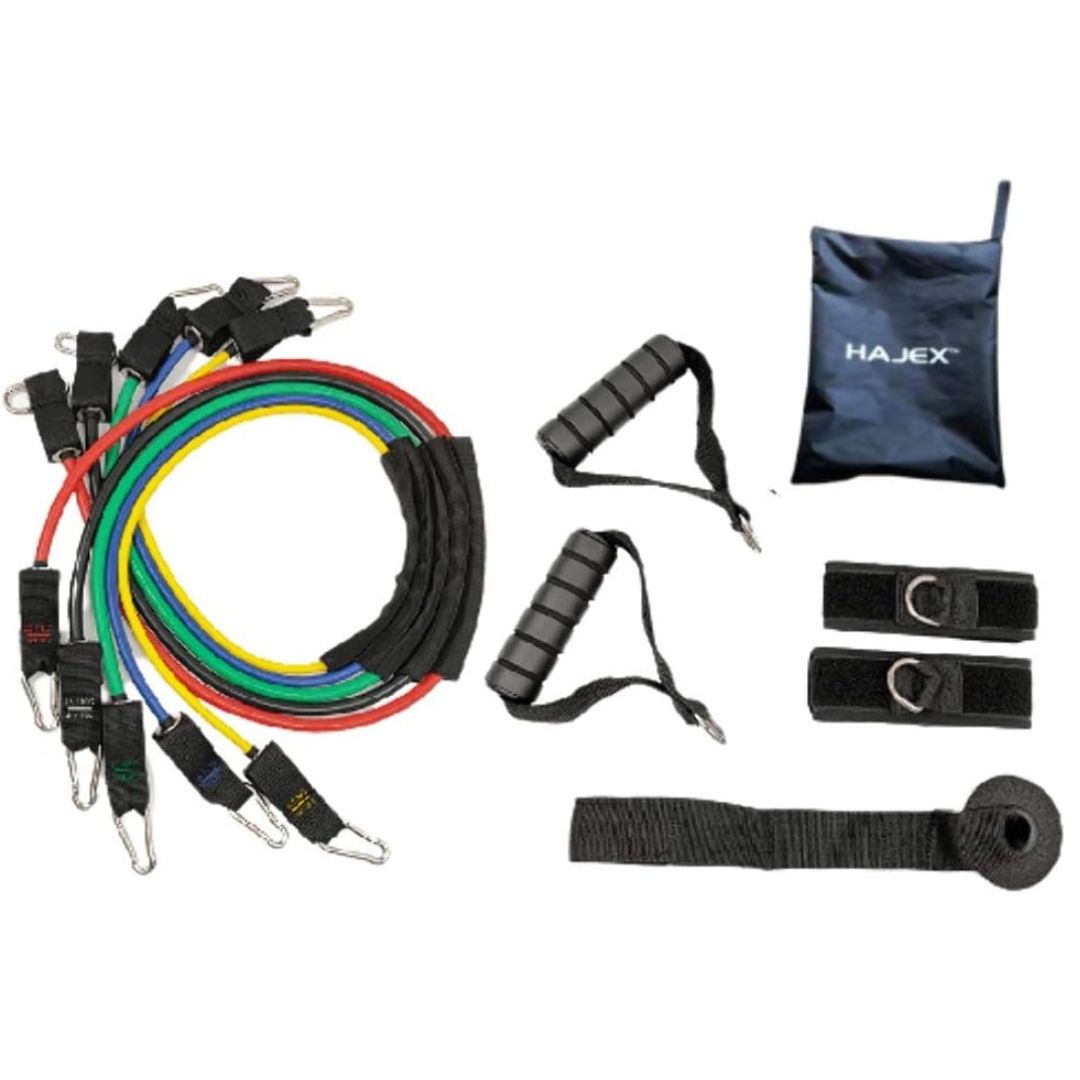Train to Thrive: Fitness and Nutrition Tips
In today's fast-paced world, maintaining a healthy lifestyle can often feel like an uphill battle. Balancing work, family, and personal commitments can make it challenging to prioritize fitness and nutrition. However, making small, sustainable changes to your daily routine can have a significant impact on your overall health and well-being. In this article, we'll learn about fitness and nutrition tips to help you achieve your health goals.

Balanced Diet
The foundation of a healthy lifestyle begins with a balanced diet. Ensure that your meals consist of a variety of nutrition cooking tips and nutrient-dense foods, including fruits, vegetables, lean proteins, whole grains, and healthy fats. Avoid excessive consumption of processed foods, sugary drinks, and foods high in saturated fats.
Portion Control
Controlling your portion sizes is essential for maintaining a healthy weight. Even healthy foods can contribute to weight gain if consumed in excessive quantities. Use smaller plates, pay attention to hunger cues, and practice mindful eating to avoid overindulging.
Stay Hydrated
Proper hydration is often overlooked but is crucial for overall health. Water helps regulate body temperature, aids digestion, and flushes out toxins. Aim to drink at least 8 glasses (about 2 liters) of water a day, and adjust your intake based on your activity level and climate.

Regular Exercise
Physical activity is a cornerstone of fitness and a key component of maintaining a healthy body weight. Aim for at least 150 minutes of moderate-intensity aerobic exercise or 75 minutes of vigorous-intensity exercise per week, as recommended by the World Health Organization. Incorporate both cardio and strength training exercises for a well-rounded fitness routine.
Set Realistic Goals
Setting achievable fitness and nutrition goals is essential for long-term success. Start with small, attainable milestones that are specific, measurable, and time-bound. As you reach each goal, celebrate your achievements and set new ones to keep yourself motivated.
Prioritize Sleep
Adequate sleep is often underrated in the pursuit of a healthy lifestyle. Aim for 7-9 hours of quality sleep each night to allow your body to rest, recover, and recharge. Poor sleep can lead to weight gain, reduced cognitive function, and an increased risk of chronic diseases.

Manage Stress
Stress can take a toll on both your physical and mental health. Implement stress-reduction techniques such as meditation, deep breathing exercises, yoga, or hobbies that bring you joy. Reducing stress can help prevent emotional eating and improve overall well-being.
Seek Professional Guidance
If you're unsure about the best fitness and nutrition diet tips and plan for your individual needs, consider consulting with a registered dietitian and/or a certified fitness trainer. They can provide personalized guidance and support tailored to your specific goals and circumstances.
Stay Consistent
Consistency is key to achieving lasting results. Establishing healthy habits takes time, so be patient with yourself. Avoid drastic diets or extreme workout routines that are unsustainable in the long run. Instead, focus on building habits that you can maintain over time.
Monitor Your Progress
Keep track of your fitness and nutrition efforts by maintaining a journal or using digital tools, diet and fitness apps. Tracking your meals, workouts, and progress can help you stay accountable and make necessary adjustments to your plan.

Conclusion
Achieving and maintaining a healthy lifestyle is a journey that requires commitment, dedication, and patience. By following this fitness and nutrition diet tips, you can take significant steps toward improving your overall well-being. Remember that small changes can lead to significant results over time, so start making healthier choices today and work toward a healthier, happier you. Your body will thank you for it.
 WEIGHT PLATES
WEIGHT PLATES
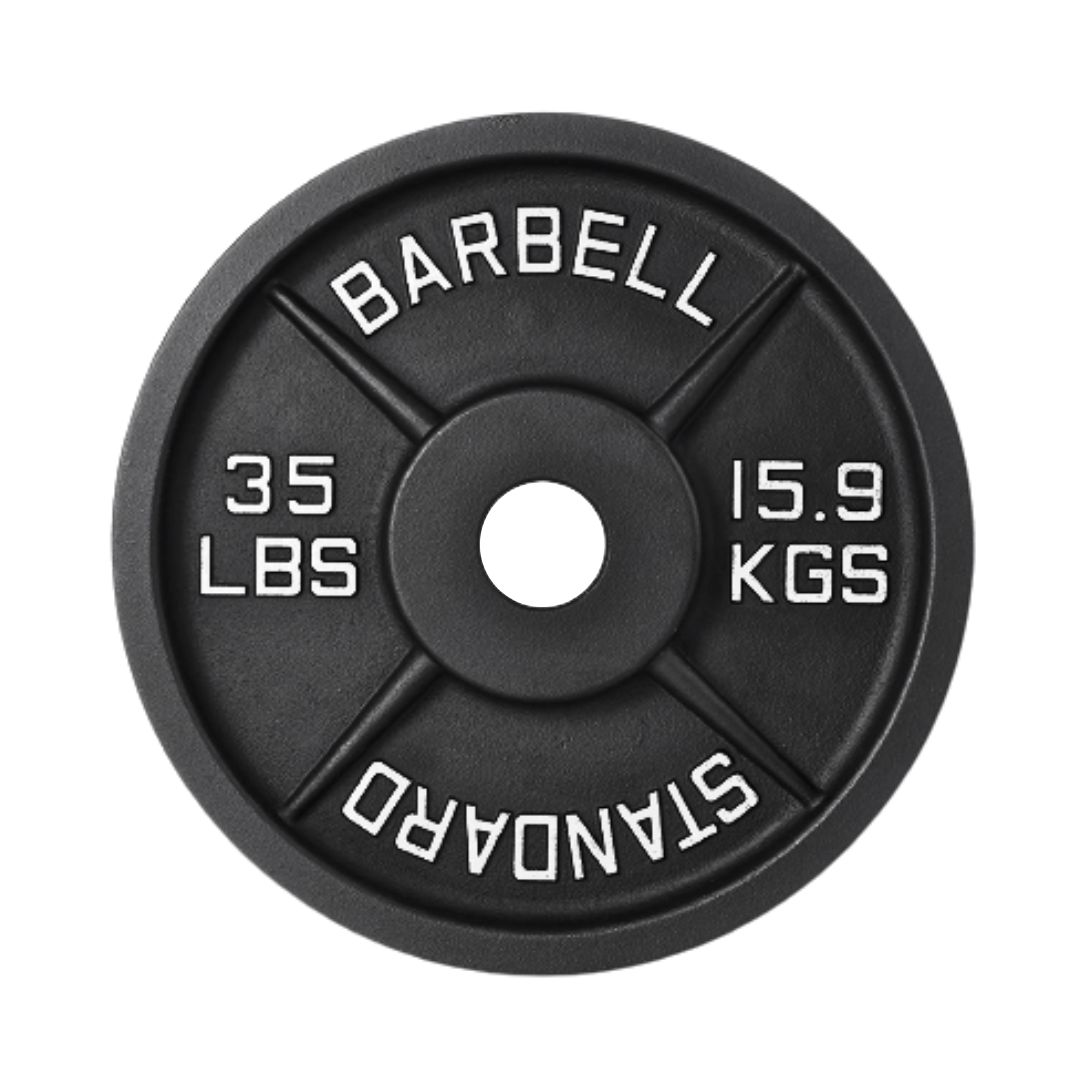 Cast Iron Olympic Plates
Cast Iron Olympic Plates
 Olympic Rubber Weight Plates
Olympic Rubber Weight Plates
 PVC Weight Plates
PVC Weight Plates
 DUMBBELLS
DUMBBELLS
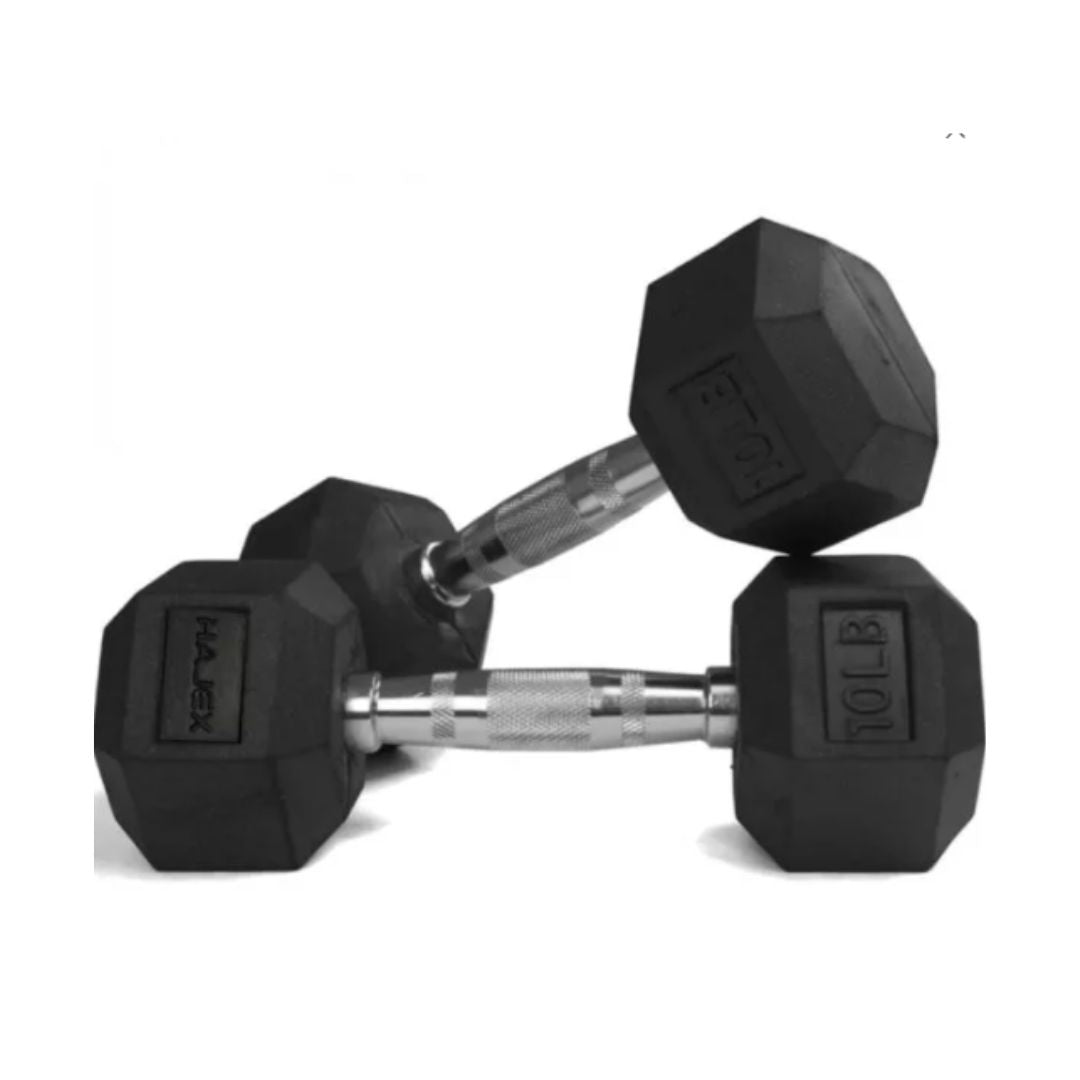 Rubber Hex Dumbbells
Rubber Hex Dumbbells
 Cast Iron Adjustable Dumbbells
Cast Iron Adjustable Dumbbells
 Round Head Dumbbells
Round Head Dumbbells
 Neoprene Dumbbells
Neoprene Dumbbells
 BENCHES
BENCHES
 CARDIO
CARDIO
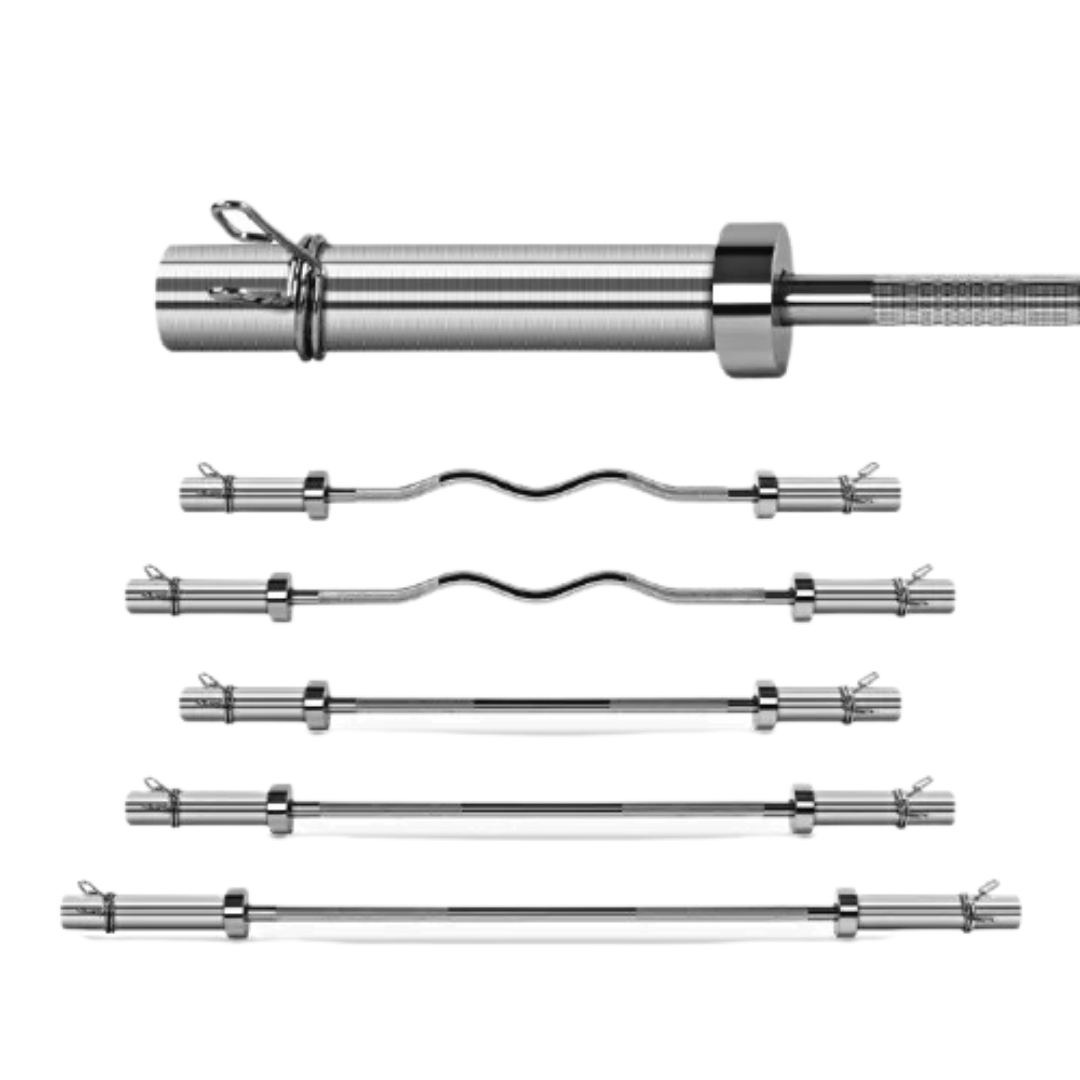 BARBELL BARS
BARBELL BARS
 Home Gym Deals
Home Gym Deals
 Olympic Bumper Plates
Olympic Bumper Plates
 Tri Grip Plates
Tri Grip Plates
 Weight Plates Combo
Weight Plates Combo
 Olympic Steel Hub Bumper Plates
Olympic Steel Hub Bumper Plates
 PVC Dumbbells
PVC Dumbbells
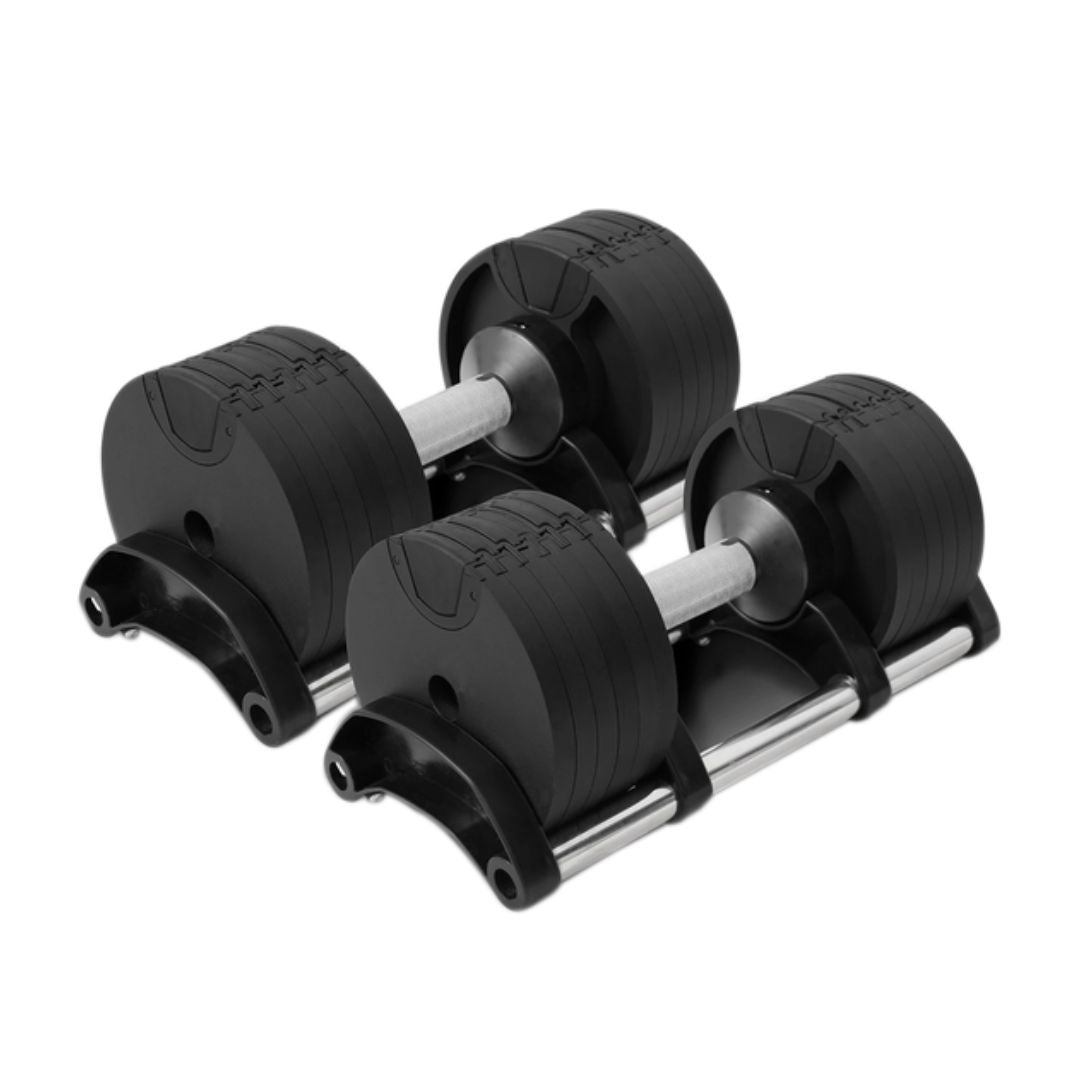 NUO Style Adjustable Dumbbells
NUO Style Adjustable Dumbbells
 Olympic Barbells 2"
Olympic Barbells 2"
 Standard Barbells 1"
Standard Barbells 1"
 Fixed Weight Bars
Fixed Weight Bars
 Benches with Pulley & Rack
Benches with Pulley & Rack
 CARDIO
CARDIO
 Foldable Walking Pads
Foldable Walking Pads
 Exercise Bikes
Exercise Bikes
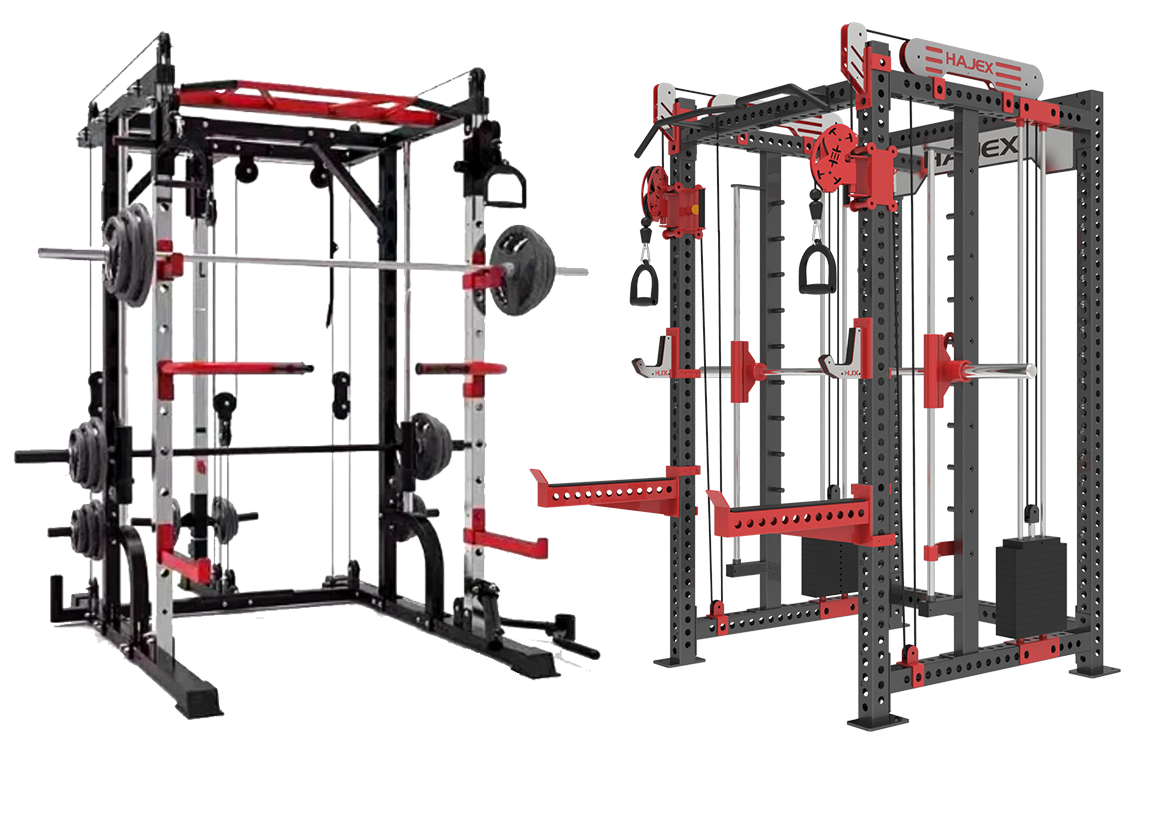 RACKS, CAGES & SMITHS
RACKS, CAGES & SMITHS
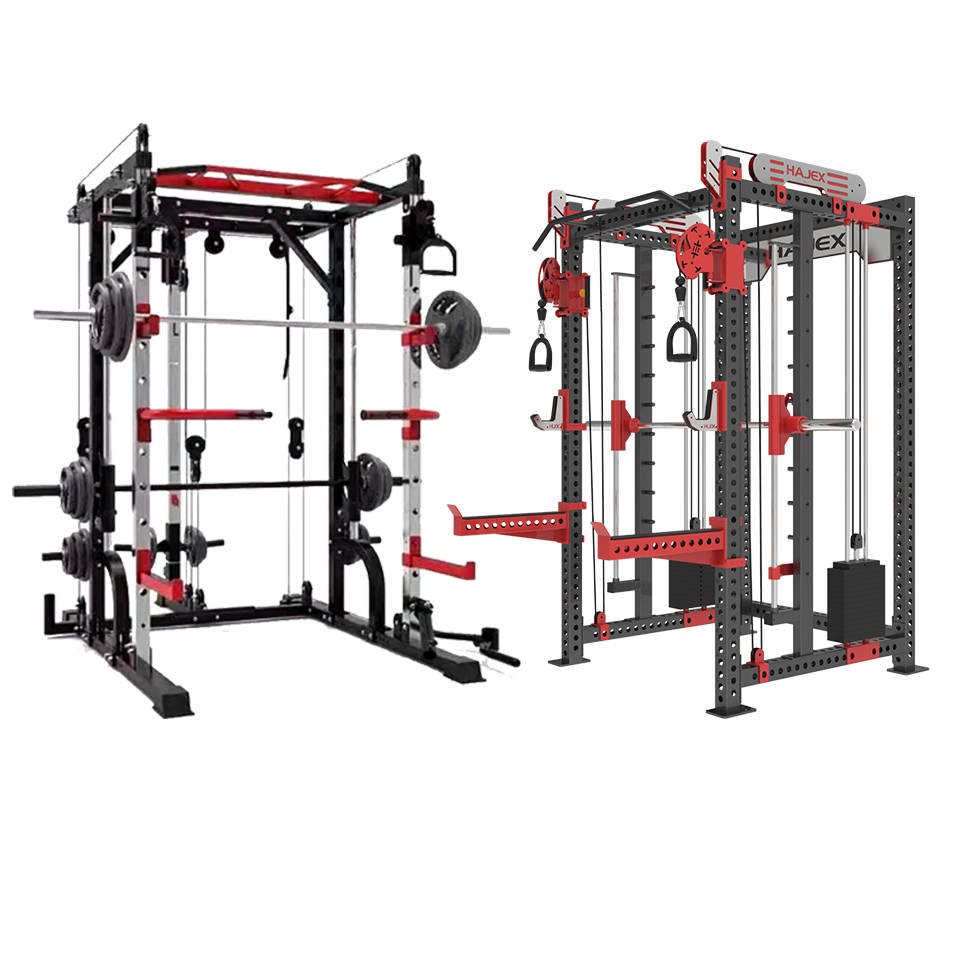 Smith Machines
Smith Machines
 Power Racks
Power Racks
 Squat Racks
Squat Racks
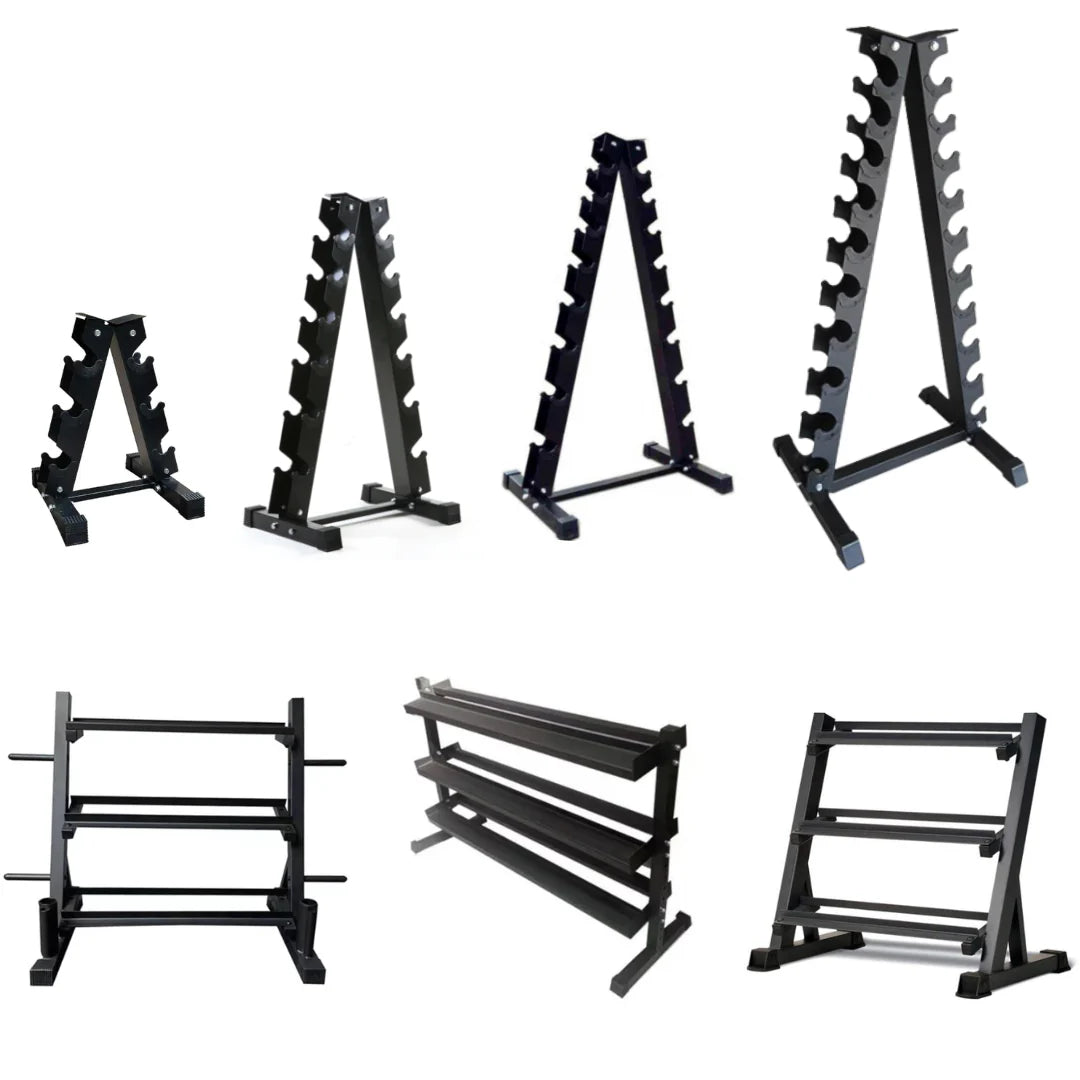 STORAGE RACKS
STORAGE RACKS
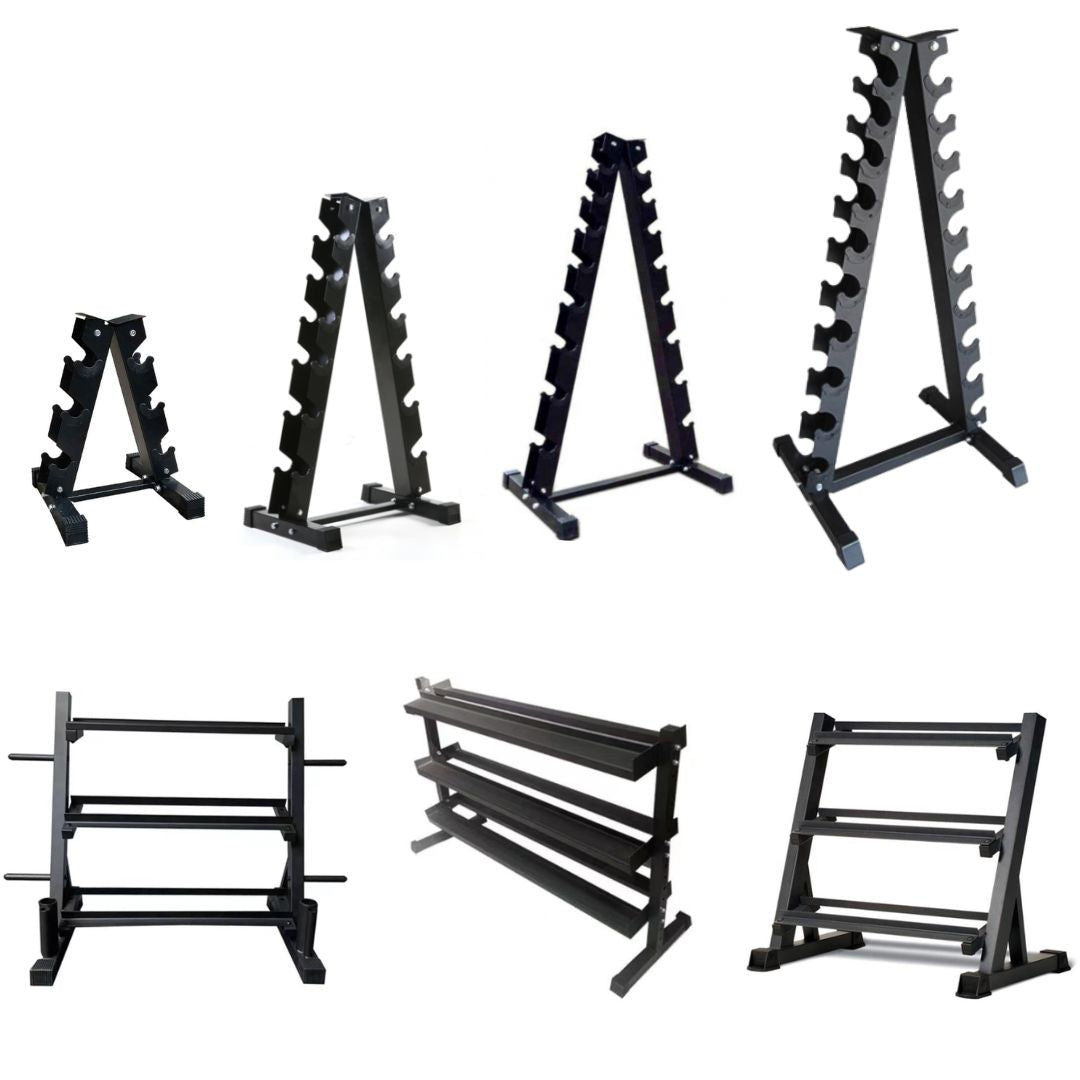 Dumbbell & Kettlebell Racks
Dumbbell & Kettlebell Racks
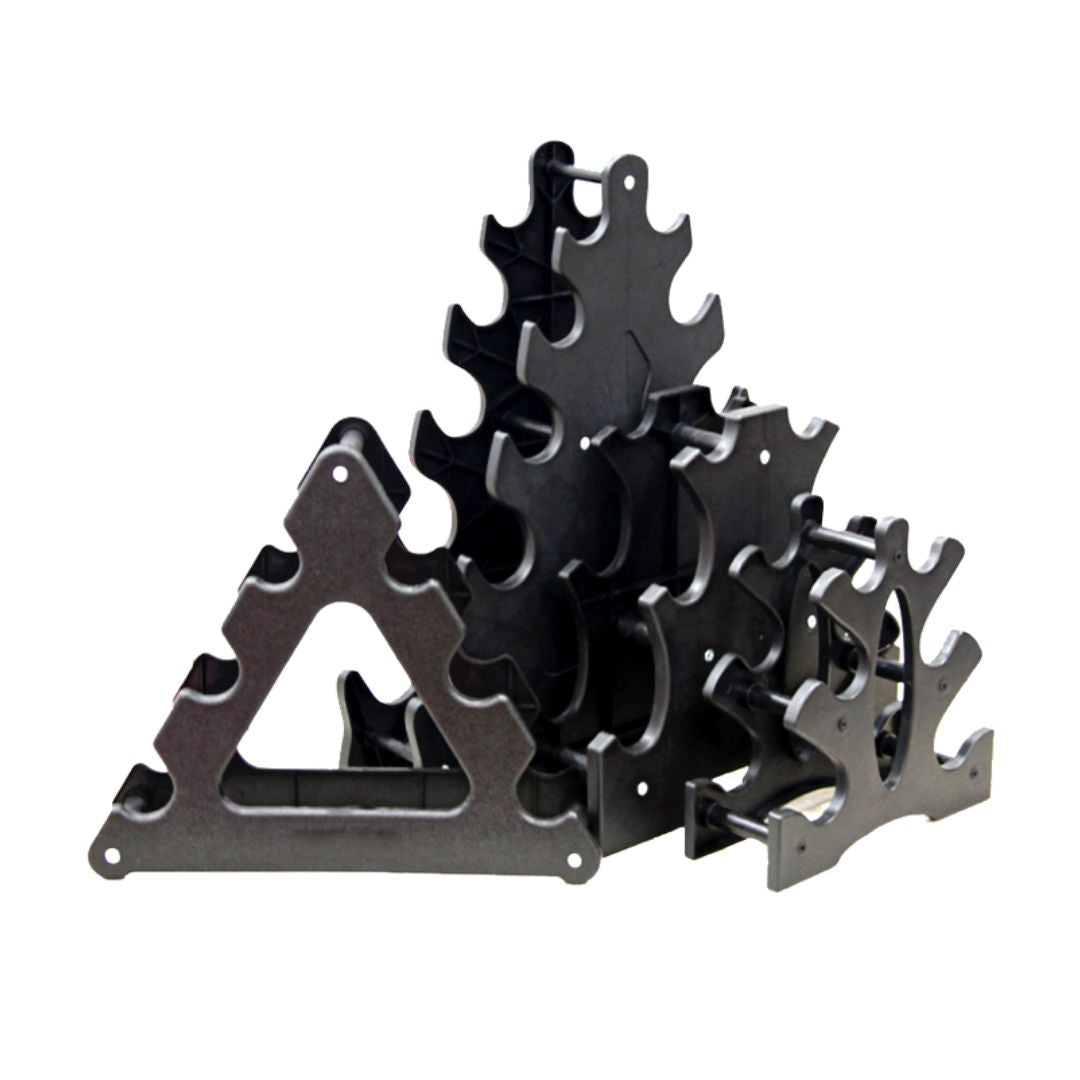 Mini Dumbbell Racks
Mini Dumbbell Racks
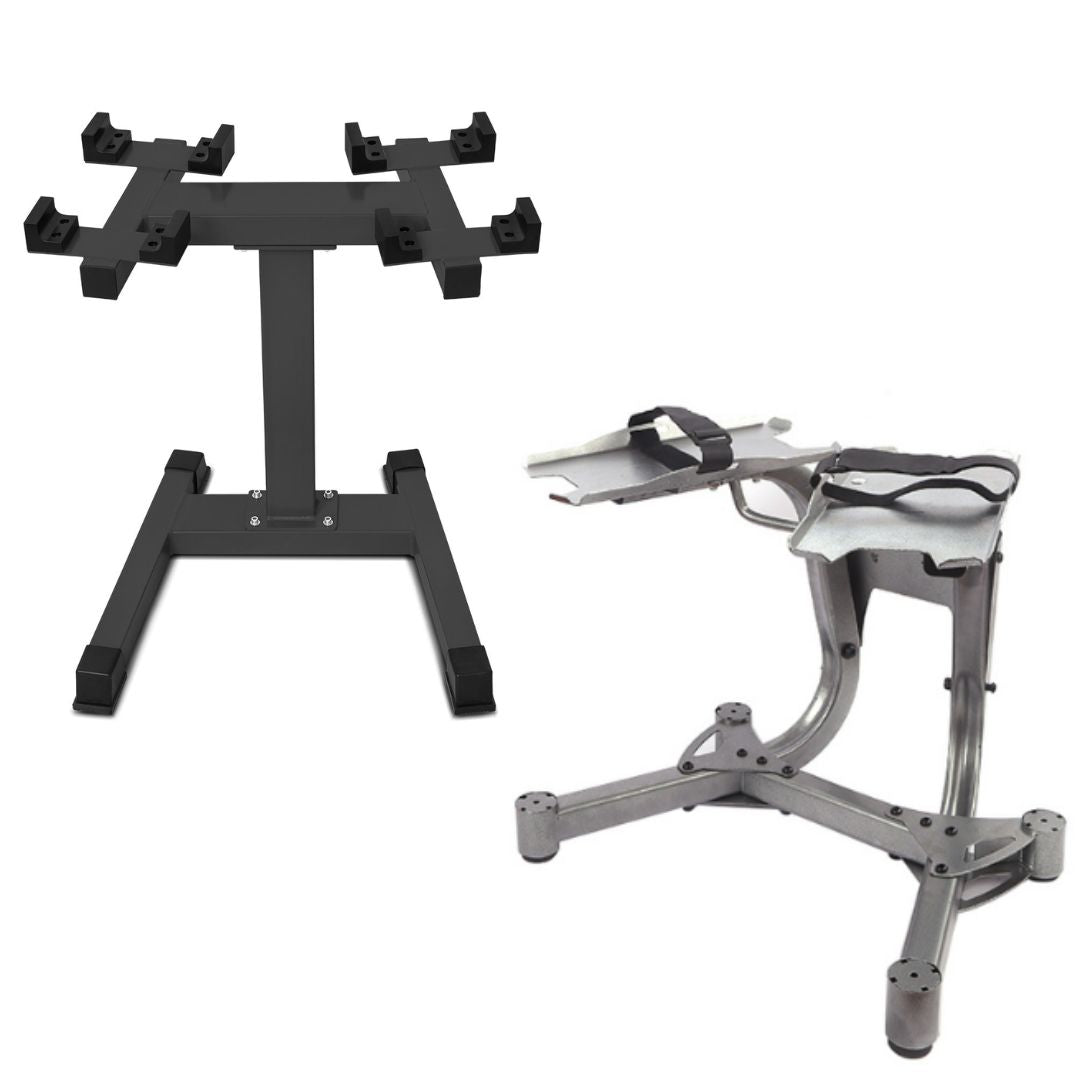 Adjusatble Dumbbell Stands
Adjusatble Dumbbell Stands
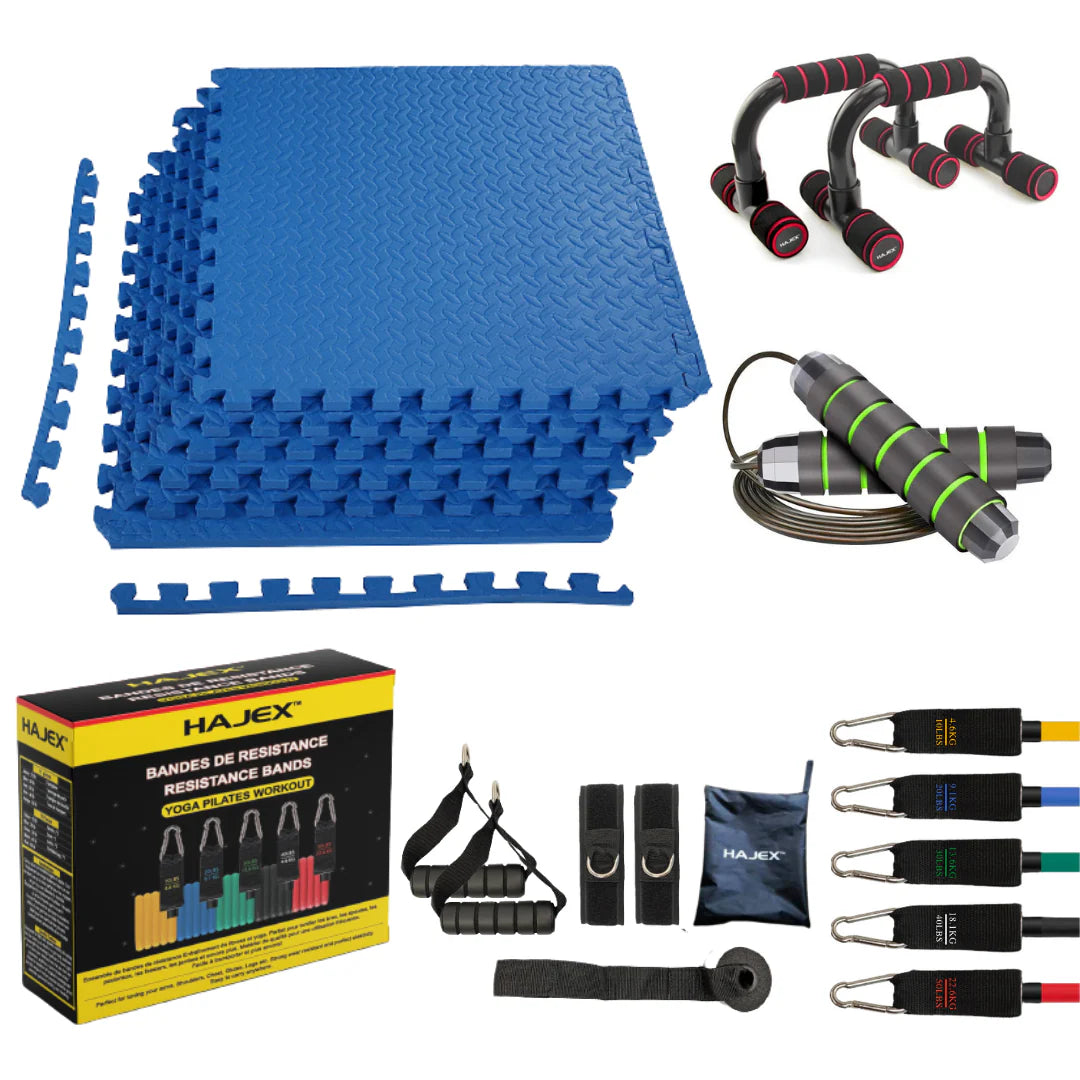 MORE
MORE
 Kettlebells
Kettlebells
 Adjustable Kettlebells - Single & Pair
Adjustable Kettlebells - Single & Pair
 Floor Mats
Floor Mats
 Yoga
Yoga
 Push Up
Push Up
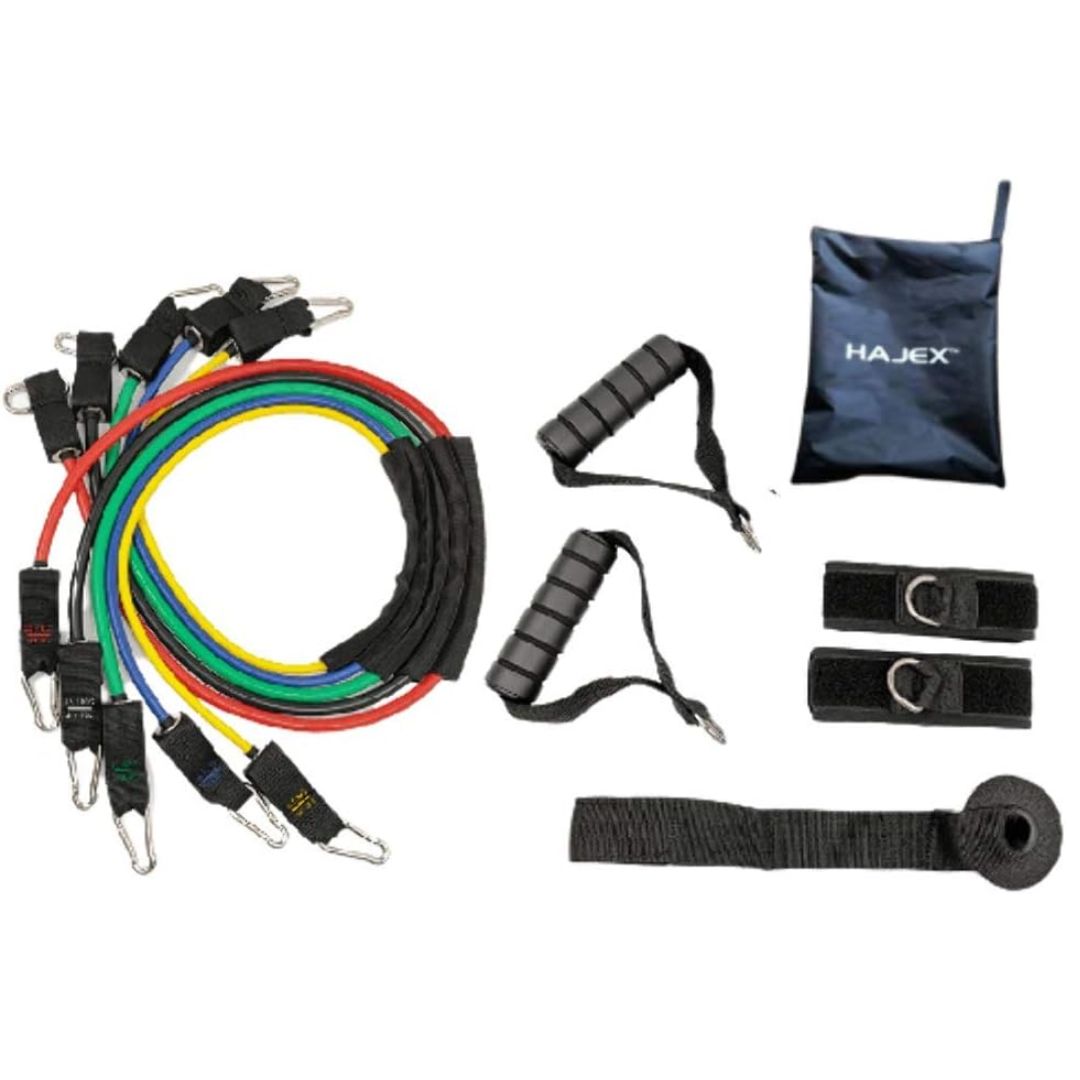 Resistance Bands
Resistance Bands
 Barbell Pads
Barbell Pads
 Dumbbell Handles
Dumbbell Handles
 Jump Ropes
Jump Ropes




